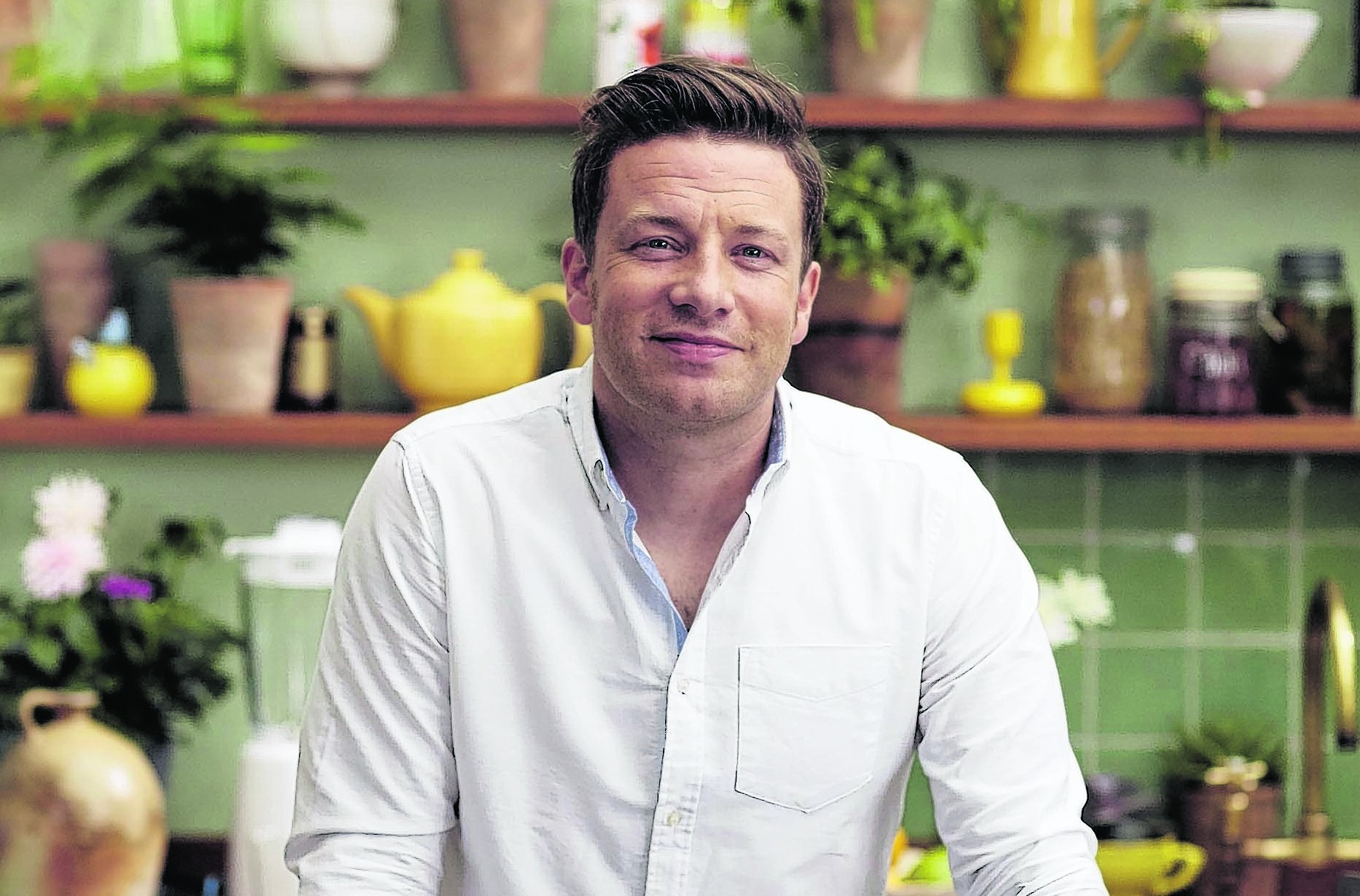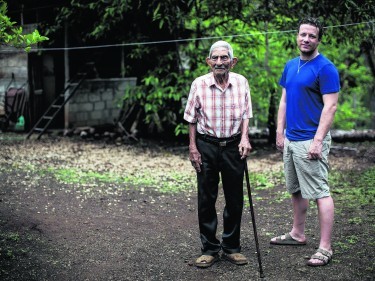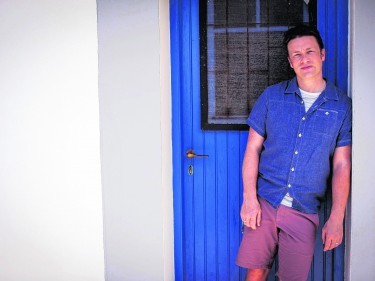Jamie Oliver embarks on a global adventure to uncover the secrets of long life for his latest TV outing, Jamie’s Superfood. He tells YL how what he discovered even taught him a thing or two
In the 10 years since his landmark Jamie’s School Dinners series, Jamie Oliver has campaigned far and wide. From intensive farming and obesity to the nation’s lack of cooking knowledge, the passionate chef has used his might and meddling to try to improve our awareness of issues surrounding grub.
And now the 40-year-old father-of-four is once again turning his attention to healthy eating, and in particular, how eating well can dramatically improve life expectancy.
Called Jamie’s Superfood, this six-part series sees the Essex-raised chef travel to Costa Rica, Okinawa in Japan and the Greek island of Ikaria, which has the “most centenarians in the world”, to discover their secrets of long life.
Then, back in the UK, he whips up easy and nutritious recipes incorporating some of the “hero” ingredients he’s discovered along the way.
But what else do you need to know about the series? Let’s tuck in…
THE SIMPLE LIFE
During his travels, Oliver picked up on a few pointers in the quest to extend life expectancy, but for him, it boils down to a few simple things.
“I think the key to a long healthy life, in very crude terms, is to cook fresh food and grow stuff,” he explains.
PLANET ORGANIC
While organic food has a reputation as being the preserve of the middle class, Oliver wants to make it attainable for all.
“All of these people in long-life areas are not rich, or what we perceive as middle class,” he says. “They’re all what we perceive as lower-income families and all of them eat organically.”
Although, compared to many, his nutritional knowledge is pretty good, his travels still inspired him to make changes at home.
“You start to think, ‘I’m going to plant some more veg’,” he admits, laughing, and pointing out that he’s planning on buying six goats to live in his garden.
RISE AND SHINE
Our poor relationship with breakfast was brought into sharp focus during filming.
“People say, ‘I won’t have breakfast because that will save calories and I’m trying to lose a bit of weight’, or, ‘I’m too busy’,” Oliver explains.
“And then we get into the other story, where over the last 30 years, we’ve been completely brainwashed into thinking, ‘You’ve got 45 seconds to pour some milk on some cereal in a bowl and that’s all you deserve, so get on with it…’”
Starkly enough, Oliver learned that those who do regularly eat breakfast are actually “three times less likely to be obese”. And considering that “heart disease is in the top-five things you’re going to die of”, making a healthy meal seems a worthwhile use of time in the morning.
OTHER WORDY
Although the series is called Jamie’s Superfood, the famous cook is aware of the contention the in-vogue phrase can bring.
“Definitely, the science or the nutrition fraternity don’t like the word ‘superfood’,” he says.
“I know that the public responds most accurately to that name on this particular subject, therefore I don’t care if I take any criticism for it, I’m calling it that – because ultimately, what is language? And what is signposting? Well it’s just clarity.”
GOING NUTS
One of the things Oliver discovered was the importance of making small changes to our diets.
“If you start to think, ‘OK dude, you’re going to die at 72, but you’ve had a really good life, and by the way, your grandchildren have done this, this and this’, and if you have a handful of nuts every day, 100g, that actually can equate as reducing your risk of having these diseases by 50%, or it actually equates as three years’ extra life,” he rambles enthusiastically.
He hopes that people watching the series take in just “10% – or even 5%” of the messages it’s trying to get across.
“Public health in Britain is not great,” Oliver adds. “We’re the worst in Europe in many, many things, so… nuts, breakfast, eggs!”
THE MESSAGE
While Oliver has carved a niche as an agent of social change when it comes to our diets and food production, he “never set out” to do so.
“I was never political,” he says. “I’m quite political now – or, some would say, a very proficient pain in the ass to departments of government.”
At the root of all of his work is a desire to improve education about food for those who’ve supported his career.
“I’m not being crass but I sold a lot of books really quickly when I was young, and that was a big surprise for me, a massive surprise,” he says.
“The book’s like a vote really, so very, very early on I was in complete shock, completely overwhelmed. I was a special-needs kid from school, and I’ve sold a million books at 23… wow! So I very quickly became very subservient to the public.
“The thing is, when you’re exposed to stuff, you’ve got to tell people, and Jamie’s School Dinners had to be told.”
Jamie’s Superfood begins on Channel 4 on Monday, September 7.


